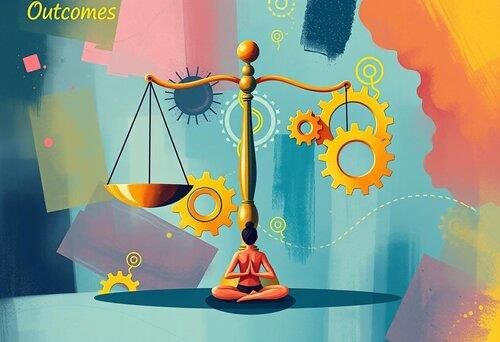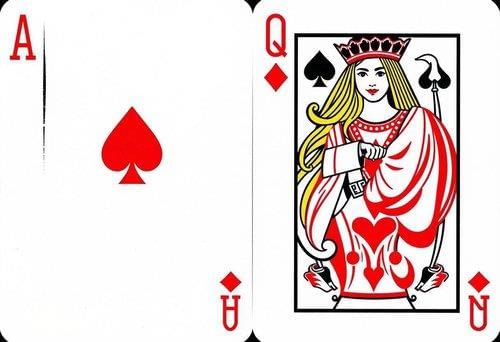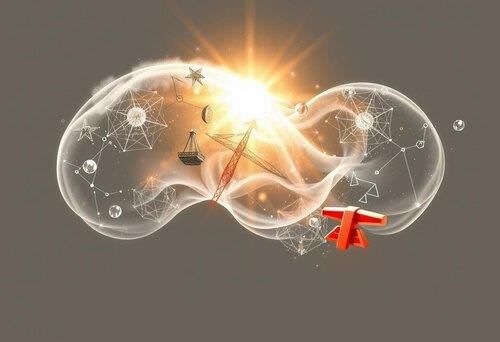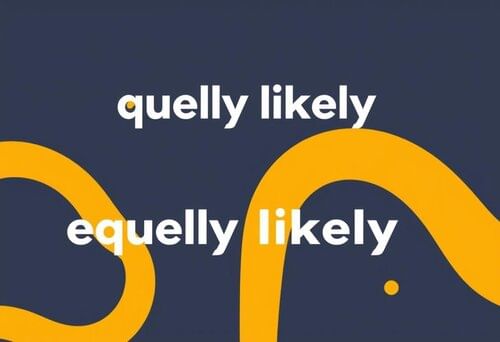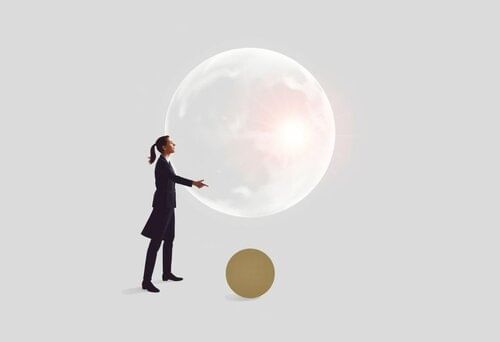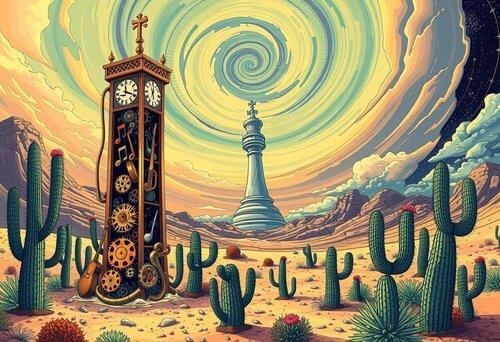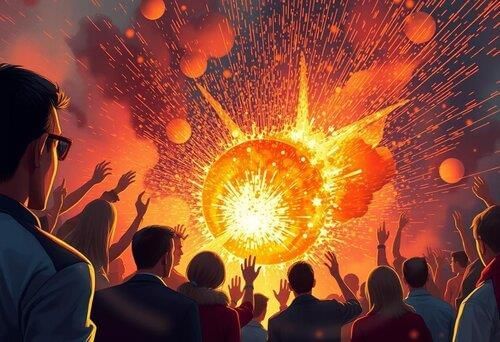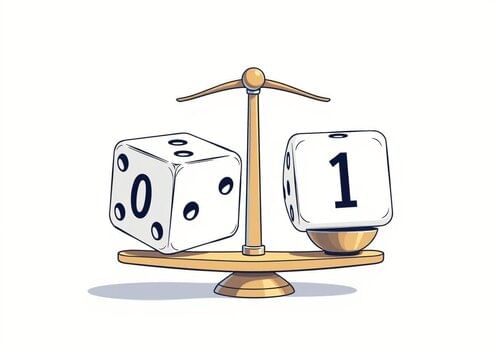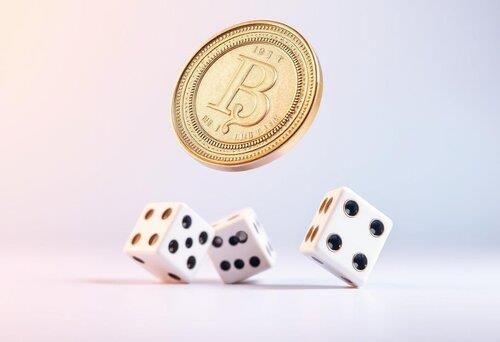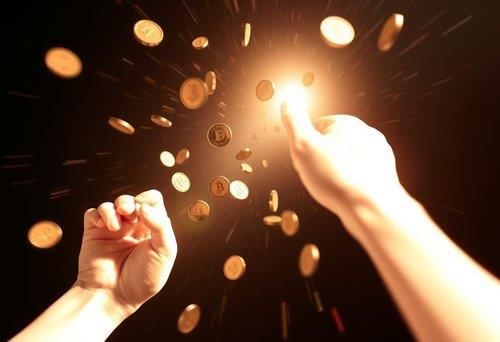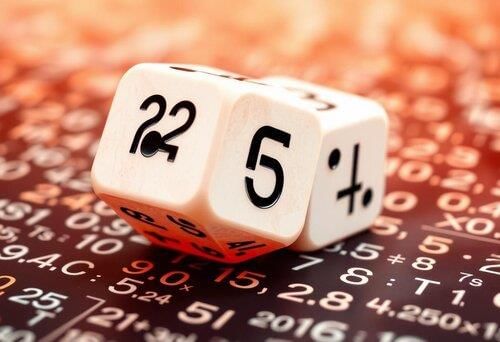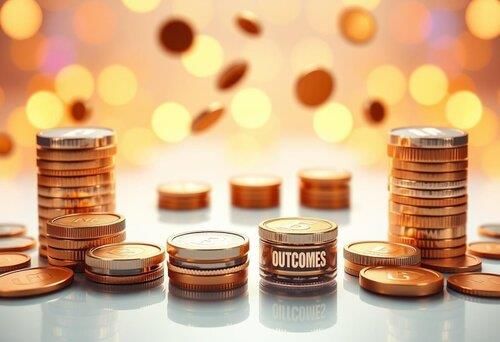|
True or False: If an outcome cannot be predicted or determined in advance, it is considered a random experiment. |
Card: 5 / 40 |
|
Probability of an Event = (number of outcomes favourable to event) / (number of all possible outcomes of the experiment). |
Card: 8 / 40 |
|
Fill in the blank: The outcomes that are favourable to an event are known as ___ outcomes. |
Card: 9 / 40 |
|
Riddle: I am the term that describes outcomes that are equally likely to occur, yet no one can predict which will happen first. What am I? |
Card: 11 / 40 |
|
Fill in the blank: The sum of favourable and unfavourable outcomes equals the ___ number of events in an experiment. |
Card: 15 / 40 |
|
True or False: Face cards in a deck of playing cards include 4 aces, 4 queens, 4 kings, and 4 jacks. |
Card: 17 / 40 |
|
What do we call the probability obtained when repetitions of an experiment can be avoided? |
Card: 19 / 40 |
 Unlock all Flashcards with EduRev Infinity Plan Starting from @ ₹99 only
|
|
The sum of the probabilities of an event and its complementary event is always equal to ___. |
Card: 25 / 40 |
|
True or False: If the probability of an event is 0, it is considered a sure event. |
Card: 27 / 40 |
|
Fill in the blank: The probability of any event can never be less than ___ or greater than ___. |
Card: 31 / 40 |
|
Riddle: I can be tossed multiple times or rolled with many sides, my outcomes are predictable and can never divide. What am I? |
Card: 33 / 40 |
|
If a coin is tossed n times, the number of possible outcomes is given by ___ . |
Card: 35 / 40 |
|
What is the formula for calculating possible outcomes when rolling a die n times? |
Card: 37 / 40 |
|
Riddle: Two coins tossed together or one tossed twice, the outcomes remain the same, isn't that nice? What am I describing? |
Card: 39 / 40 |











